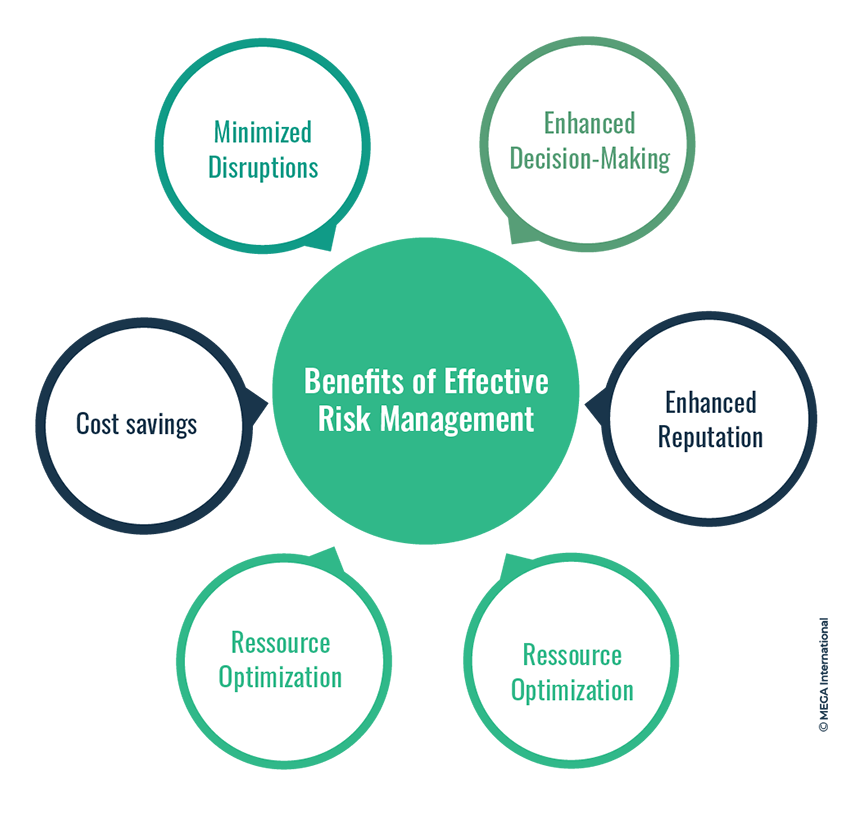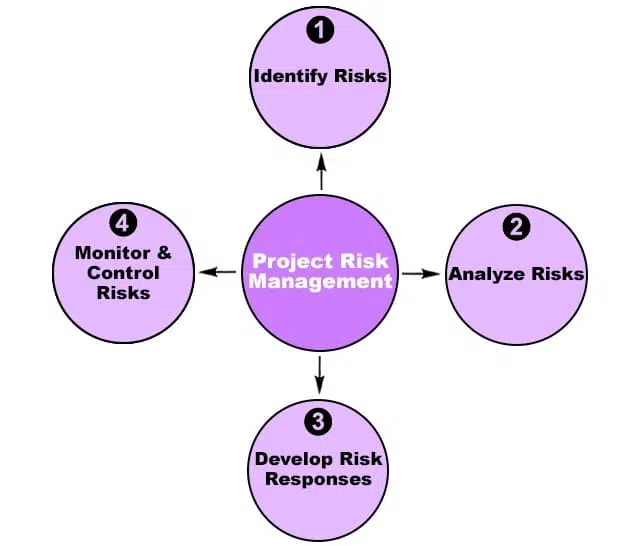How the Importance of Risk Management Shapes Effective Leadership
How the Importance of Risk Management Shapes Effective Leadership
Blog Article
The Importance of Understanding the Value of Risk Management in Different Industries

The Core Concept of Risk Management and Its Objective
Risk Management, the cornerstone of several sectors, rests on the identification, assessment, and mitigation of uncertainties in a business atmosphere. It is an indispensable practice that allows companies to guard their possessions, credibility, and general survival. By correctly determining prospective threats, businesses can establish methods to either avoid these dangers from taking place or lessen their effect. The evaluation procedure involves evaluating the chance and potential severity of these risks. When dangers have been identified and reviewed, the reduction procedure involves designing techniques to minimize their potential impact. This procedure is recurring and intermittent, making certain that companies are planned for the ever-changing nature of Risk in various sectors. The key purpose, therefore, is to promote durability amidst unpredictabilities.
Benefits of Implementing Risk Management in Business Operations
:max_bytes(150000):strip_icc()/operational_risk.asp-Final-4be32b4ee5c74958b22dfddd7262966f.png)
Introducing the Duty of Risk Management in Different Industries
While every market faces its special set of risks, the implementation of Risk Management techniques continues to be an usual in their search of sustainability and growth. In the health care market, Risk Management entails guaranteeing client safety and data security, while in finance, it involves mitigating investment threats and making sure governing compliance (importance of risk management). Building business focus on employee security, task delays, and spending plan overruns. In the innovation industry, firms minimize cybersecurity threats and technology obsolescence. Ultimately, the duty of Risk Management across industries is to determine, assess, and reduce risks. It is a crucial element of calculated planning, enabling organizations to protect their possessions, make the most of possibilities, and attain their goals.
Real-life Study Showing Successful Risk Management
To his response comprehend the importance of Risk Management in these many sectors, one can want to numerous real-life circumstances that illustrate the successful application of these measures. In the power field, British Petroleum created Risk mitigation plans post the 2010 Gulf of Mexico oil spill. They implemented far better safety procedures and more stringent laws which substantially reduced more accidents. In financing, Goldman Sachs efficiently navigated the 2008 financial dilemma by recognizing potential mortgage-backed protections dangers early. Finally, Toyota, post the 2011 quake in Japan, revised its supply chain Management to decrease disruption threats. These instances show how sectors, finding out from crises, properly applied Risk Management methods to decrease future risks.
Future Fads and Advancements in Risk Management Approaches
As the world remains to progress, so too do the trends and advancements in Risk Management strategies. Fast improvements in modern technology and data analytics are improving the Risk landscape. Big information and AI are currently important in forecasting and reducing threats. Organizations are leveraging these tools to build anticipating designs and make data-driven decisions. Cybersecurity, as soon as a peripheral problem, has actually catapulted to the forefront of Risk Management, with methods focusing on feedback, discovery, and prevention. The assimilation of ESG (Environmental, Social, Governance) factors into Risk Management is one more growing trend, showing the increasing acknowledgment of the function that social and ecological dangers play in business sustainability. Therefore, the future of Risk Management lies in the fusion of innovative innovation, ingenious strategies, and an all natural strategy.
Final thought
In conclusion, understanding the significance of Risk Management across a range of markets is crucial for their long life and success. Eventually, effective Risk Management contributes to a lot more resistant and lasting organizations, highlighting the relevance of this technique in today's vibrant and highly competitive business environment.
While every industry challenges its one-of-a-kind collection of threats, the implementation of Risk Management approaches continues to be an usual in their quest of sustainability and development. In the medical care market, Risk Management requires ensuring individual safety and information have a peek at these guys security, while in finance, it entails mitigating financial investment risks and ensuring regulatory conformity. Eventually, the duty of Risk Management throughout industries find out is to recognize, analyze, and minimize threats. These situations show just how markets, learning from dilemmas, successfully applied Risk Management strategies to lower future risks.

Report this page